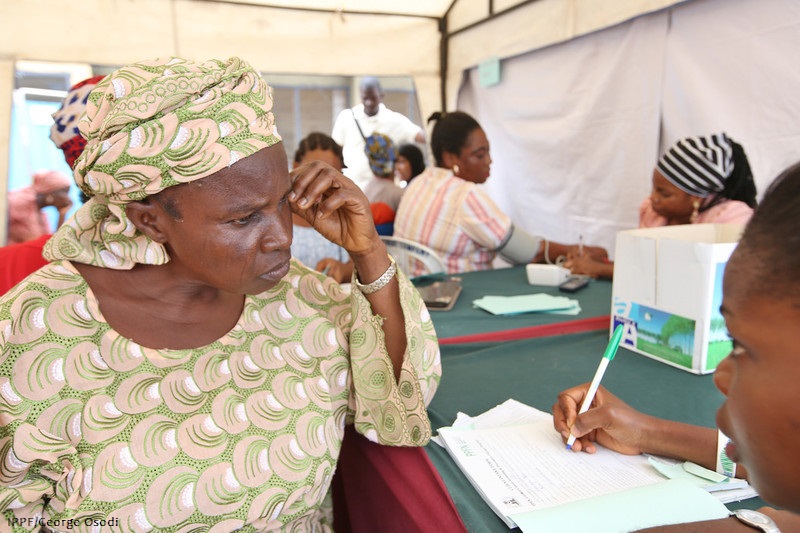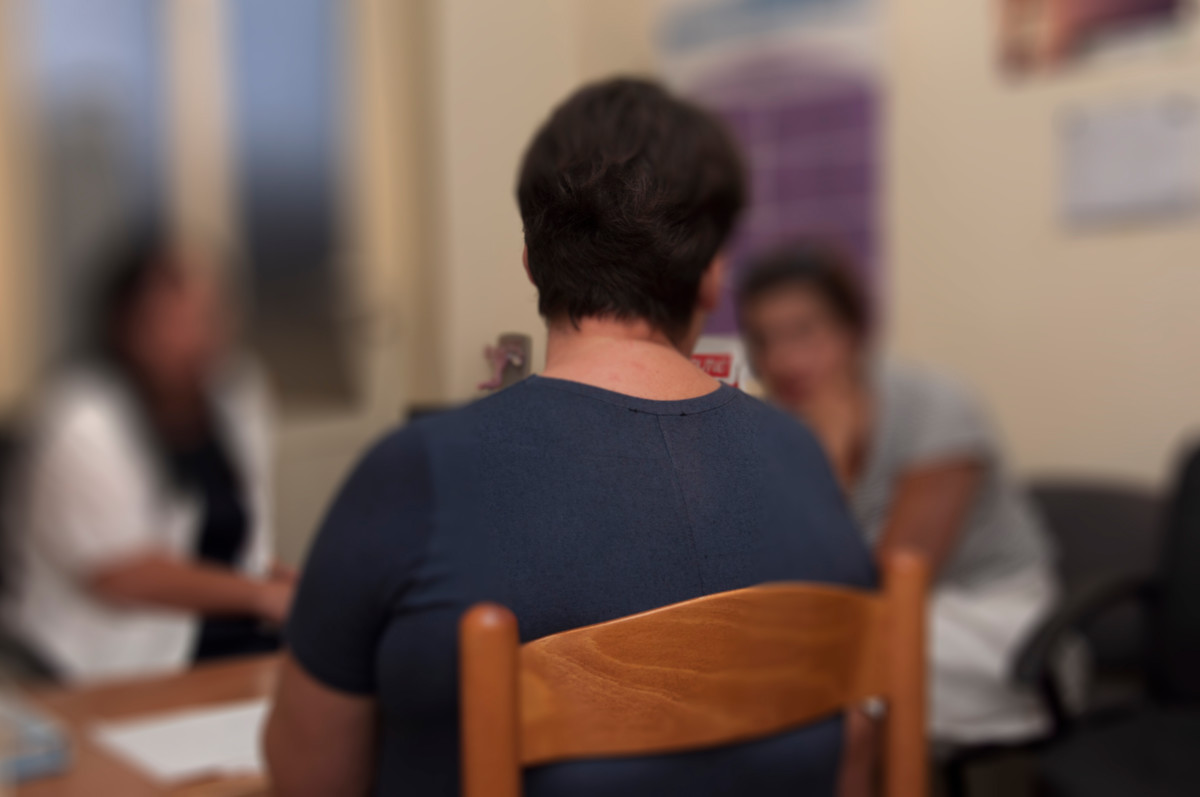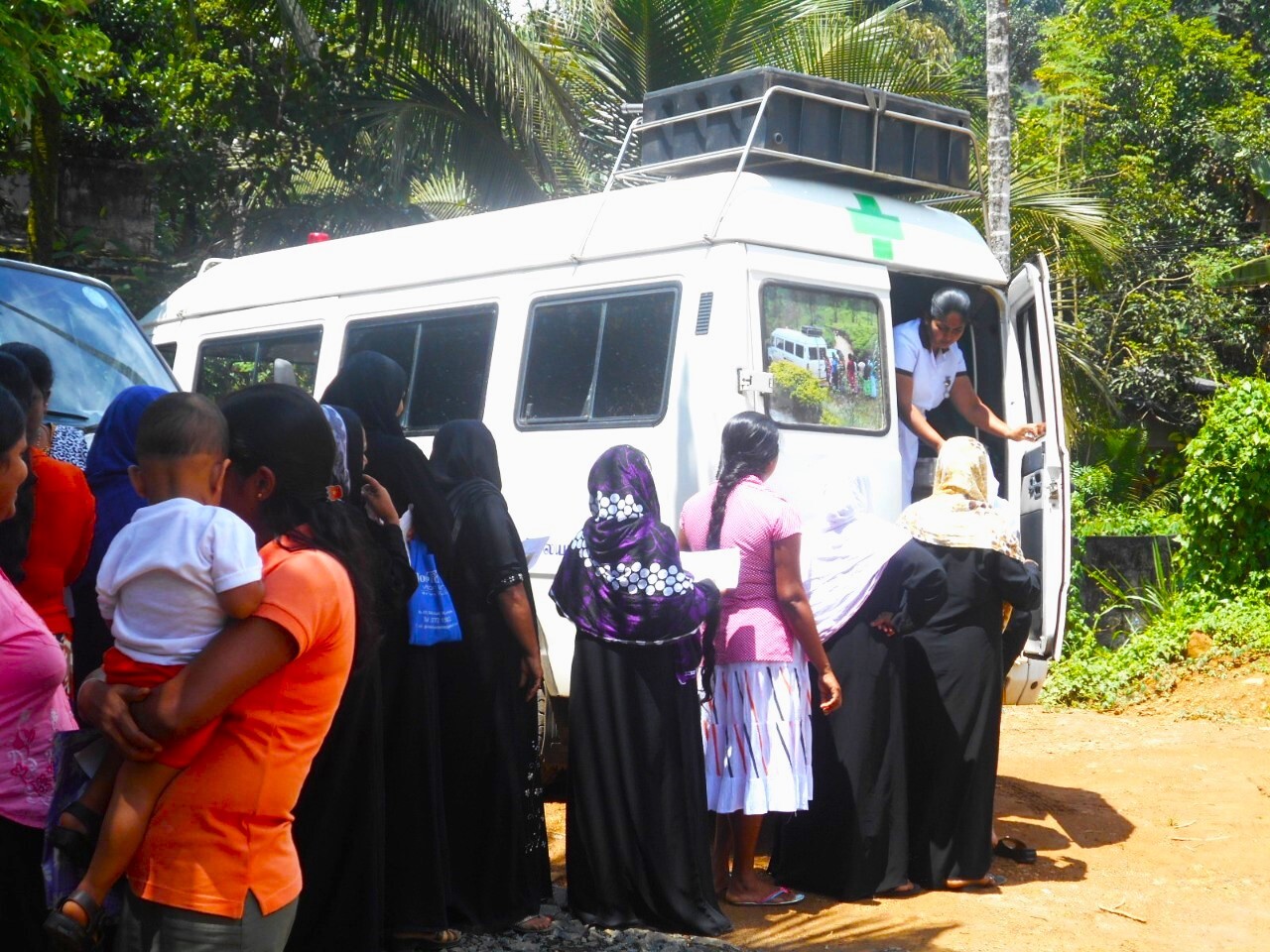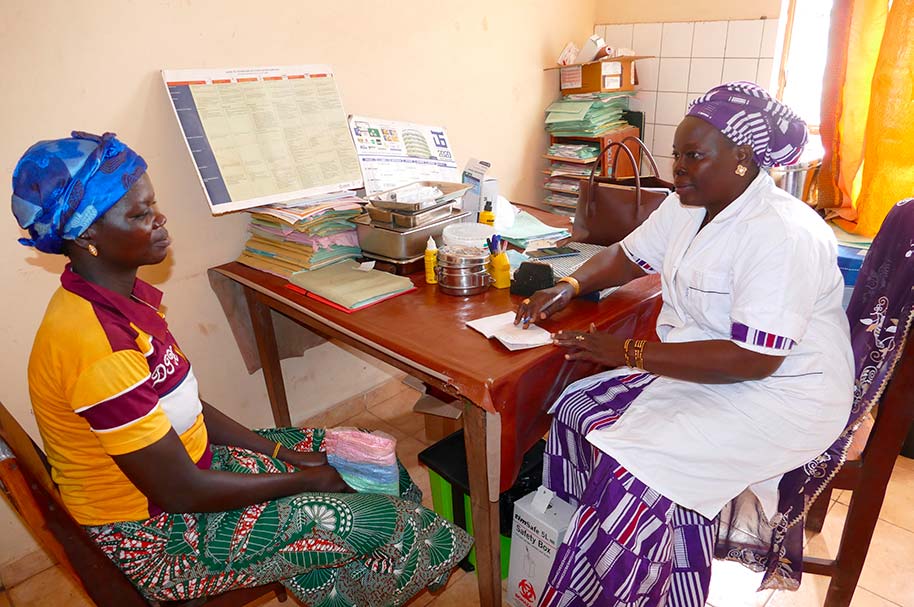Contributing towards the elimination of cervical cancer is a core part of IPPF’s mandate. Through our 120 member associations around the world, we provide comprehensive cervical cancer prevention information and services to save lives, strengthen health equity, and fulfill the sexual and reproductive health and rights of all people.
We adopted a Cervical Cancer Strategy 2020–2024 to ensure women, girls and other affected populations can access cervical cancer information and services.
Cervical cancer is the fourth most common cancer among women in the world. All countries are affected, particularly low- and middle- income countries. In 2018, 19 of the top 20 countries with the highest cervical cancer burden were in sub-Saharan Africa. The higher rates of cervical cancer incidence and mortality in these countries reflects the limited equitable access to high-quality information, vaccination, screening, treatment and cancer management.
But as we’ve seen in countries from Nigeria to Bermuda, and Albania to Indonesia, there is evidence that we are on the right track to preventing, treating, and ultimately eliminating cervical cancer.
Here we highlight the incredible work of some of our regional member associations:
Nigeria
In Nigeria, over 12,000 new cervical cancer cases are diagnosed annually. The Planned Parenthood Federation of Nigeria (PPFN) is involved in various efforts aimed at increasing access to cervical screening and treatment across its 45 clinics spread over 36 states in Nigeria.
But in poor and marginalized areas across the country, few and poorly equipped healthcare facilities, insecurity, poverty and social norms prevent many women from accessing the health services they need.
“Many women in rural communities are often not in full control of their own health,” says Dr. Abubakar Okai Aku, a PPFN healthcare service provider. “Since many don’t work, they not only have to ask their husbands for permission to go to the clinic or attend mobile outreaches, but they also need money for transport and for treatment. To this end, PPFN works with male champions in the community, sensitizing them on the need to empower women and enabling them to take charge of their own health.”
Read more here.
Image credit: George Osowi

Bermuda
Elga is one of the Community Health Workers in the ADS - Profamilia Community-Based Program team in Bermuda. Pro-Familia is the only organization with permanent programs and subsidized healthcare, which is of enormous benefit to the local community.
Elga has seen many clients since she started volunteering. She recalls encouraging a woman to come to the cervical screening clinic: “The lady had never had a cervical screening. I gave her counseling and a referral so that she could come to the ADS / Pro-Familia clinic. Her result was cervical dysplasia – level 1, I followed her until she received the treatment; now, every time she sees me, she thanks me for guiding her and inviting her to the clinic.”
Read more here.
Image credit: Carlos Barrientos

Albania
Eleanor* is a mother of three children living in Vlora, a city in south Albania.
When she heard about the Aulona Centre offering free PAP tests, she booked an appointment. “I have always admired women who take care of their health. Taking care of ourselves is decisive for our family wellbeing, children and relatives. But in our areas, it is difficult to get proper services, especially for reproductive health,” she says.
Eleanor’s first pap smear was in 2012 and the results came back negative. The doctor informed her that she had to come back in 3 years for another test. In 2015 she returned to the center, and the results came back positive. “I remember the doctor underlining my name with red pen. She said to go to Tirana for further treatment because they had better equipment and staff there.”
Read more about how the encouragement from the staff of Aulona center and the Albanian Centre for Population and Development helped Eleanor decide on her next steps.
Image credit: Gert Izeti

Indonesia
ProCare Clinic is a sexual and reproductive healthcare facility dedicated to serving poor, marginalised, socially excluded, and underserved communities in Jakarta, administered by the Indonesian Planned Parenthood Association (IPPA). Services offered at the clinic include contraception, breast, and cervical cancer screening, HIV and STI (sexually transmitted infections) testing, obstetrics and gynaecology, and sexual and gender-based violence counselling.
Indonesia is a transit country for refugees, mostly from Afghanistan, followed by Somalia, Myanmar, Iraq, and Sudan. The Greater Jakarta metropolitan area is home to the vast majority of the country's refugee population.
Refugees face several barriers in obtaining COVID-19 vaccination and other services due to a lack of documentation, information in their native language, and fear of arrest, detention, or deportation. Too often, underserved communities fall through the cracks in the healthcare system. Read more about how ProCare clinic remains committed to providing family planning and SRH services to all.
Image credit: IPPF ESEAOR

Sri Lanka
Many women working in textile factories in Sri Lanka’s industrial zones have limited access to hospitals and medical services. During the COVID-19 lockdowns, textile factories remained open and workers were at an increased health risk.
Had it not been for the free monthly mobile clinics facilitated at some of these factories by the Family Planning Association of Sri Lanka (FPASL), 40-year-old Achala would have never had access to important health services, screenings or family planning options.
“I have never had time to go to a hospital. I had my first ever pap smear and breast exam here,” she said.
Read more about how FPASL is overcoming access barriers for Sri Lanka’s women factory workers here.

when











